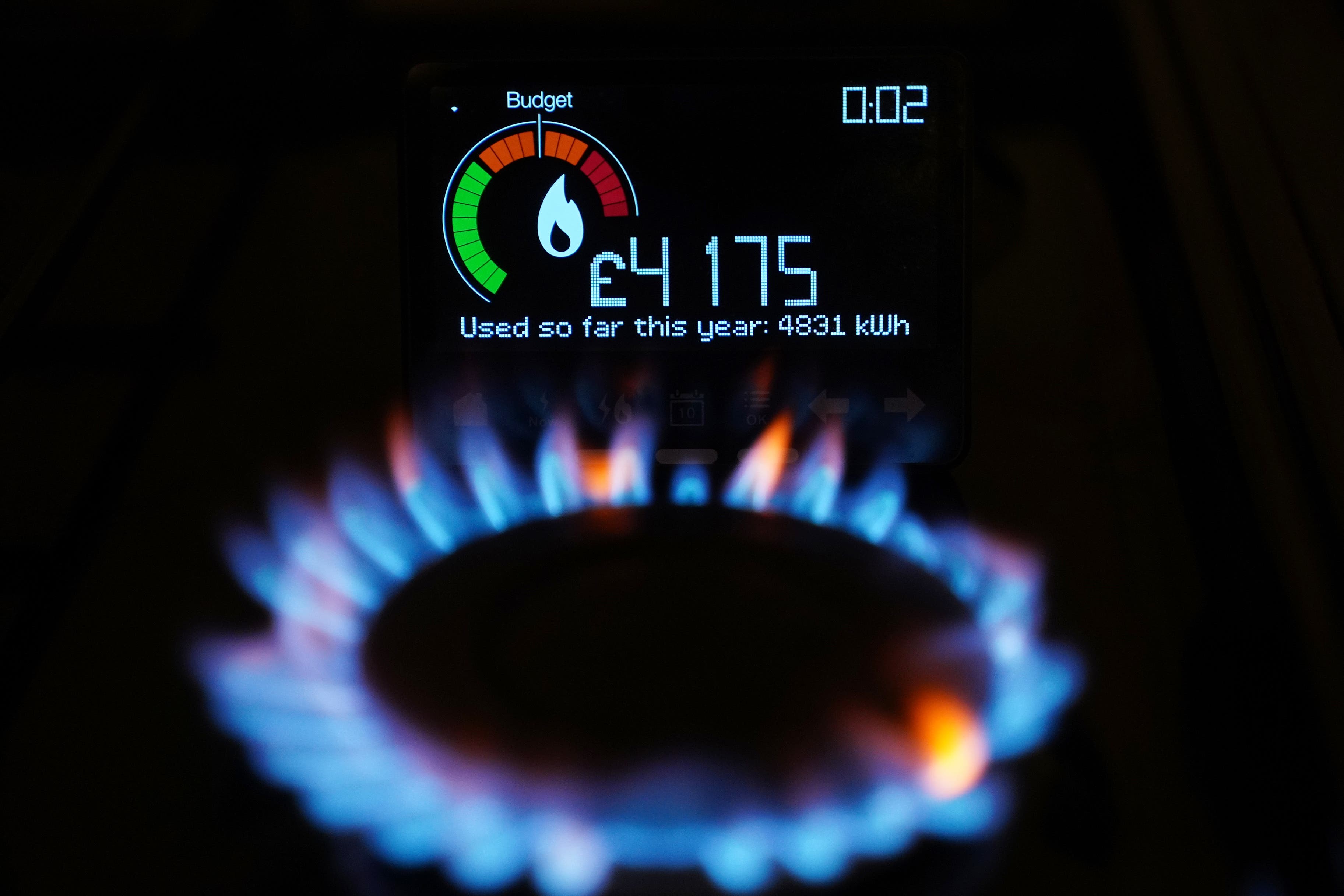Ofgem proposal could reduce household hit from supplier failures
According to one estimate, supplier failures during the energy crisis cost households around £94 each.

Energy suppliers that go bust could be held liable in future for the costs that are incurred by their rivals who end up taking on their customers, according to a new Ofgem proposal.
Ofgem has suggested a system which would allow money to be recovered when administrators well off the assets of the failed supplier in a bid to shift the burden from failure away from households.
The failure of 29 energy suppliers between July 2021 and November 2022 are thought to have cost energy users around £2.7 billion.
It added around £94 to the average household’s bill, according to the Public Accounts Committee (PAC).
Since this spate of failures, which came in the early part of the energy crisis as gas prices were soaring, Ofgem has implemented a series of changes that it hopes will make such collapses less likely in future.
But the latest change is designed to kick in should a supplier fail after all.
Under current rules, when one supplier fails another – known as the supplier of last resort – is chosen by Ofgem to take on the collapsed supplier’s customers. This is so that no-one is left without gas or electricity after their supplier has failed.
But in that process the new supplier often has to shoulder costs. These include the cost of moving the old customers onto a new system, or heading for their new customers – that is buying the gas and electricity that the new customers will need in advance.
In the past, the new supplier has been allowed to, with Ofgem’s permission, charge these costs across all households in the UK. That is what led to the £2.7 billion charge the PAC identified.
But the new suggestion would allow the new supplier to try to recover at least part of that cost from the failed supplier. That would happen through the normal insolvency process where the business’s property and other assets are sold off to raise money to pay off debts.
“Protecting customers is our top priority and we want to ensure that when companies go bust they are first in line to pay for their failure, not consumers,” said Tim Jarvis, director general for markets at Ofgem.
“We’ve already brought in tough new rules to make suppliers more financially stable, which includes requiring suppliers to have their own capital at risk so that they can better withstand shocks.
“If implemented, these new rules would go further towards shielding consumers from the impact of failures in the future and mean that shareholders would not be able to see any return from an insolvency process until the costs of keeping their customers on supply had been met.”